The rain came down softly
a soaking thing,
a line from a book read
54 years ago, a line remembered
these 54 years, and still
to be found in pages now
tanned and brittle, pages
appropriately water-stained,
the rain still falling there,
falling forever, there and
in my word memory.
That opening couplet resonated, and stuck with me for a couple of weeks during which I Googled the lines, the final phrase, and various beat poets I thought might be responsible. Eventually I contacted Roy. Had he remembered the forgotten poem and/or the forgotten poet? Well, yes and no.
It’s a long story. He had tracked down the poet, finding a review of a public reading in which the lines were quoted. It was Ed Dorn, a poet with whom I had a brief obsession in the early ‘70s following the publication of Gunslinger. He was a prolific poet and a purchase of his Collected Poems failed to locate the lines.
Roy however has access to The Poetry Library and had a sense that the source was to be found in an ancient volume entitled New Writing in the USA. They found the publication for him and he turned to the Ed Dorn section and read the poems. It wasn’t there.
But all was not lost. The Poetry Library offers a Find-a-Poem service, which is a kind of Apple Genius Bar for forgetful lovers of poetry. He registered his enquiry and returned New Writing in the USA. He was turning away when the Genius called him. “I’ve found it” he said.
And there it was. Not a poem. Two sentences from a prose-piece entitled 1st Avenue.
The rain comes down softly. A soaking thing.
It is prose but a reader would be forgiven for remembering it as poetry. It is poetry, isn’t it? Or is it a prose poem? Or prose which has a poetic flavour?
Frankly, my dear, I don’t give a damn. But I’m glad I now know it. And I’m grateful to Roy Kelly for recalling it, tracking it down and using it as the impetus for the exquisite poem above.
Today from the everysmith vaults: Only connect. The synapses function in this manner: from Ed Dorn to Jack Kerouac to his prose poem October in the Railroad Earth to the band Railroad Earth and Elko. That’s what’s playing as I post this.


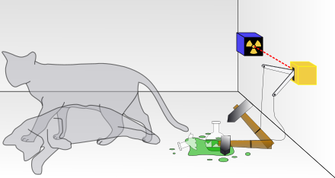
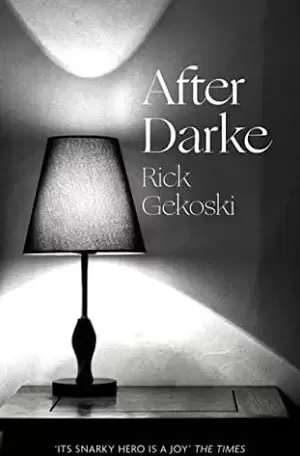
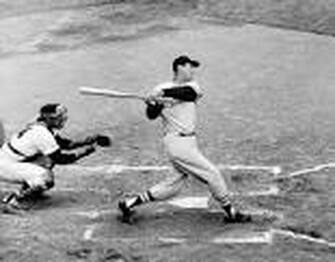
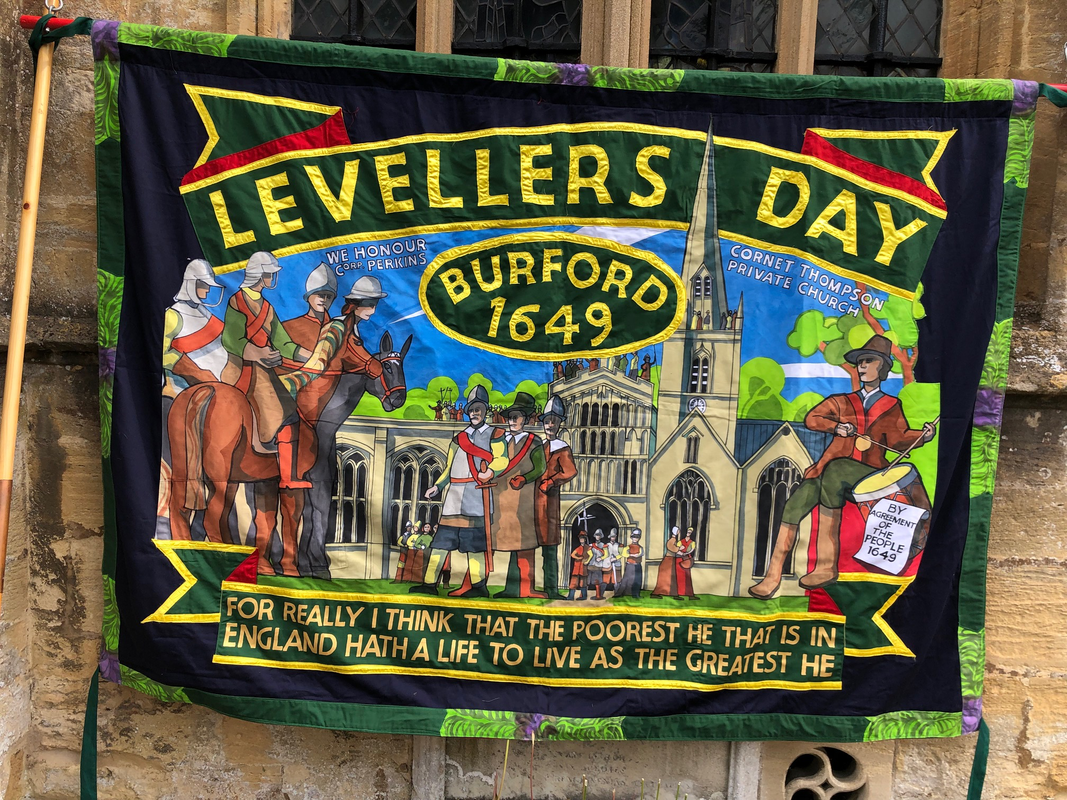

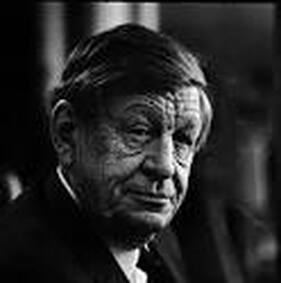
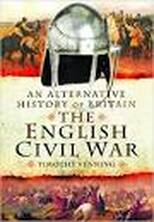

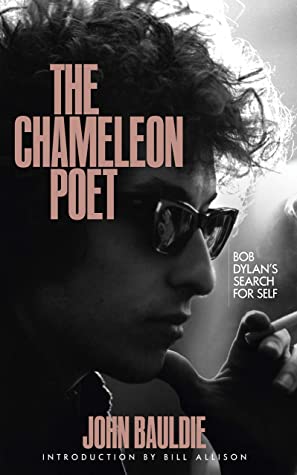
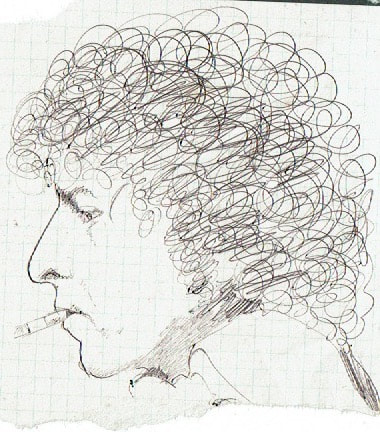
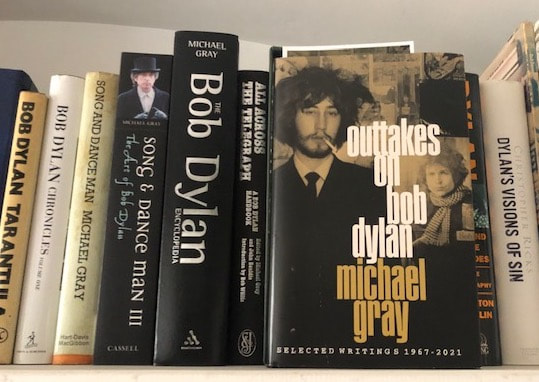




 RSS Feed
RSS Feed